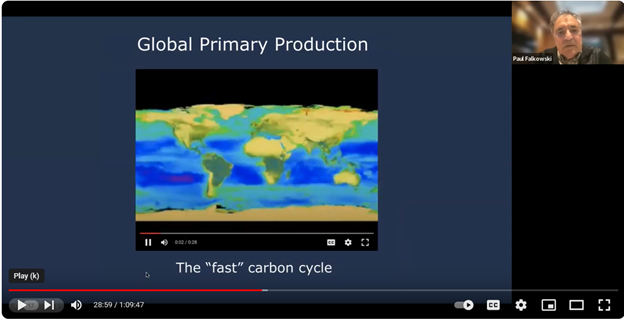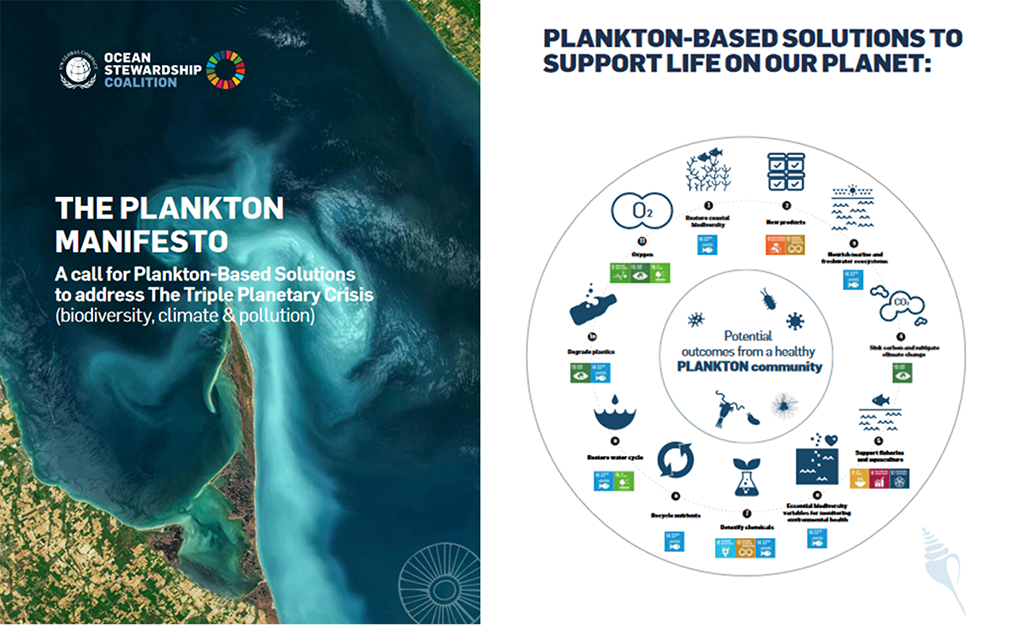Paul Falkowski, Distinguished Professor in the departments of Marine and Coastal Sciences and Earth and Planetary Sciences, was one of the specialists from a core international academic team to present to the United Nations General Assembly to officially launch the Plankton Manifesto–a call for immediate global recognition and action to protect one of Earth’s most crucial life forms–plankton.
The Plankton Manifesto is a collaborative effort led by the Ocean Stewardship Coalition of the United Nations Global Compact.
A world recognized expert on primary productivity and the carbon cycle in Earth’s oceans, Falkowski said, “The report highlights the critical role of plankton and offers a series of strategic recommendations to guide global efforts in protecting it while harnessing its potential to address the interconnected crises of climate change, pollution, and biodiversity loss.”
Falkowski shared insights and a more comprehensive understanding of these fascinating organisms and human’s role in the Anthropocene to the UN General Assembly session. He emphasized that “we are the fragile species, not the plankton: the plankton will survive us. We must be careful about how we undergo our economic development, ensuring we do not completely cannibalize everything that has existed on this planet for hundreds of millions of years before us.”

Paul Falkowski (inset) shares his expertise with the UN General Assembly in support of the launch of the Plankton Manifesto.
Plankton are a crucial part of our planet’s life support system – absorbing carbon and excess nutrients and supporting marine food webs. Despite their immense importance, plankton are under threat and remain poorly understood.
The Plankton Manifesto outlines how “plankton affects every aspect of human life, from the seafood we eat, the oxygen we breathe, the climate we experience, availability of safe drinking and recreational waters, and even shipping and defense.”
Sanda Ojiambo, CEO and executive director of the UN Global Compact, emphasized plankton’s role in our global ecosystem.
“Plankton are not only the foundation of marine ecosystems but also key players in our fight against climate change and pollution. By safeguarding plankton, we are protecting a crucial part of our planet’s life support system, ensuring the resilience of our oceans and freshwater ecosystems for future generations.”
Learn more at the Plankton Manifesto website and read the Manifesto by clicking at the UN Global Compact library. View the manifesto’s public launch on the UN Global Compact channel.
Original article at Rutgers NJAES Newsroom

